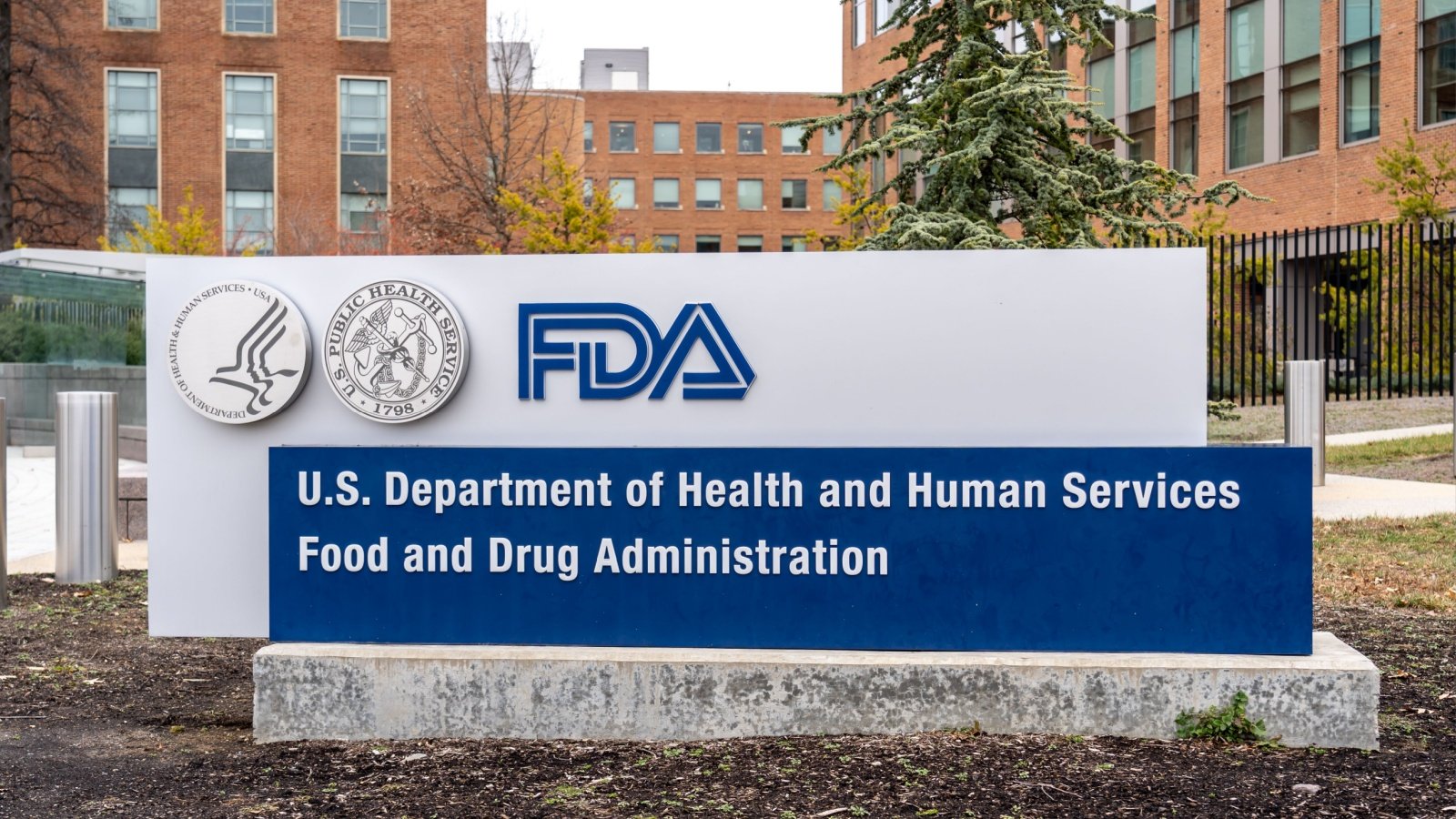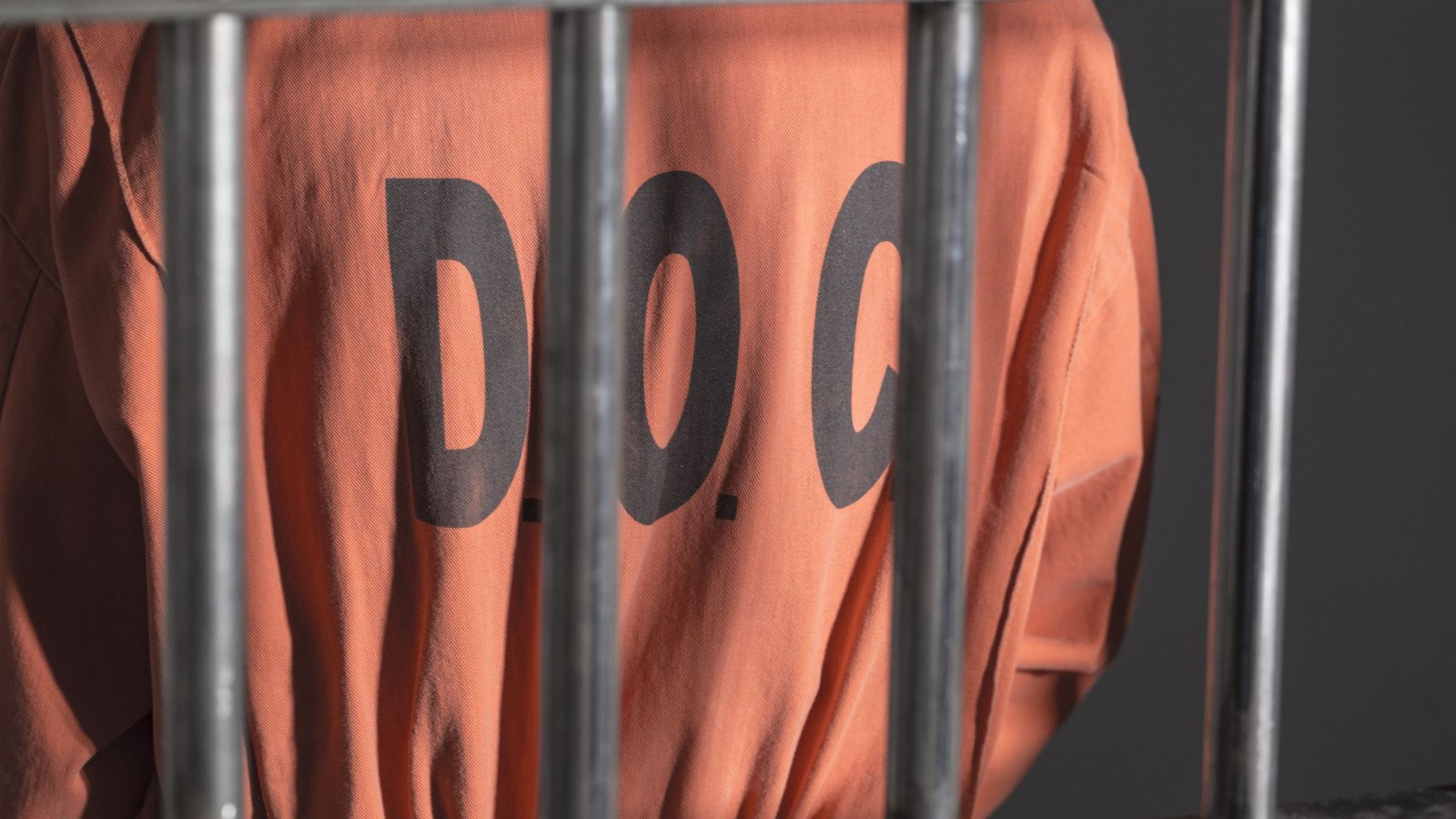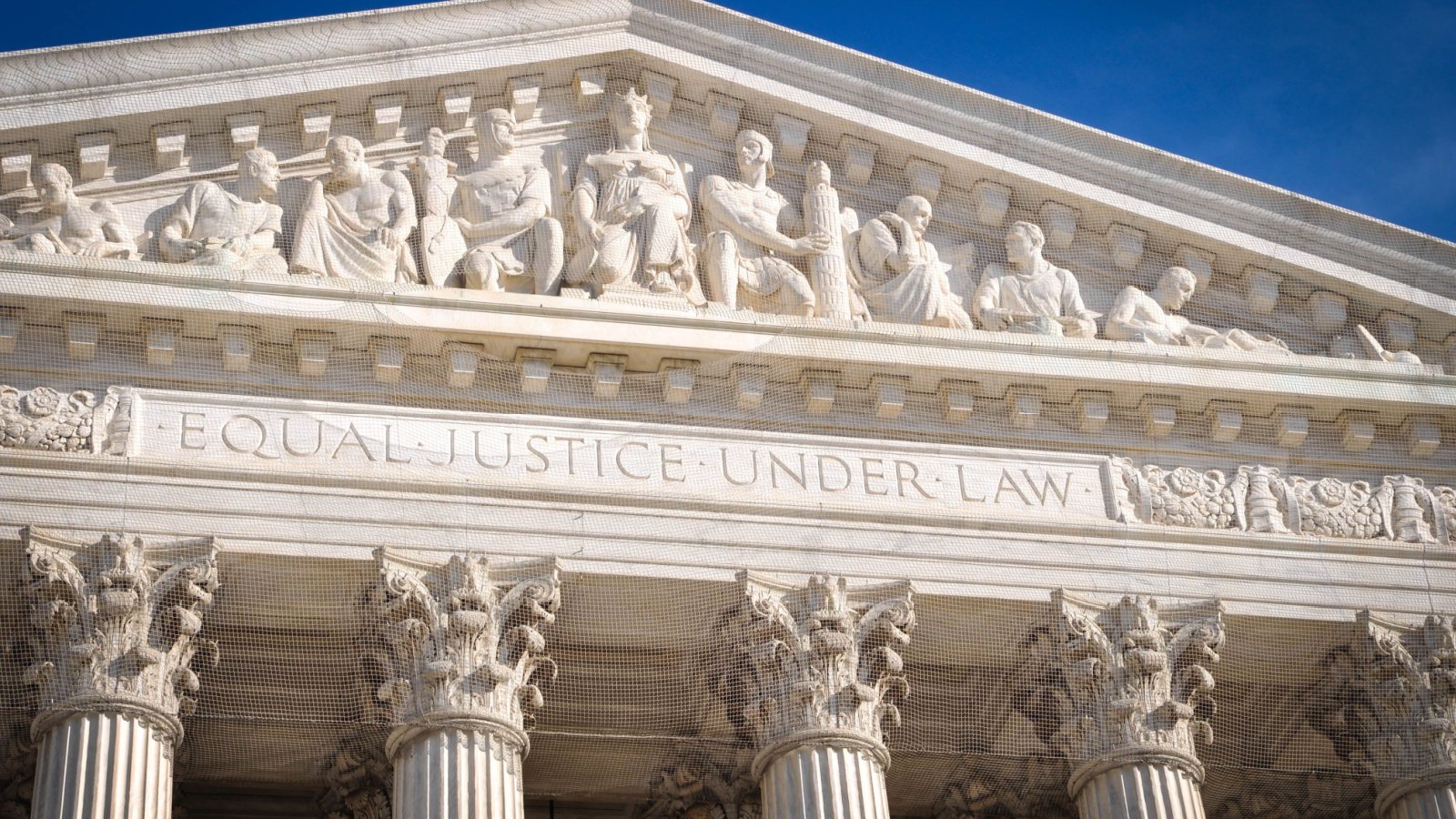A first-of-its-kind policy was signed into law by Louisiana Governor Jeff Landry, making it more difficult to access a medication abortion. Specifically, the bill targets the drugs mifepristone and misoprostol, both of which are used to induce an abortion. This form of medication abortion is widely used in the United States. The bill was initially crafted to reduce a pregnant woman’s risk of being unknowingly administered the abortion inducing pills through coercion and fraud.
Legislative Approval

The law will go into effect October 1, barring a court injunction. The bill passed through the Louisiana state legislature before it was signed in Baton Rouge by Gov. Landry.
Drugs Targeted

The law was crafted to target mifepristone and misoprostol. Critics of the new law claim that these particular drugs are used for reproductive health protocols beyond just abortion.
Broader Medical Uses

Specifically, these drugs are used widely for treating miscarriages, inducing labor, and stopping hemorrhaging. This fact has concerned many medical professionals who utilize pharmaceuticals.
FDA Approval

Outside of medication abortion, mifepristone only has FDA approval in treating hyperglycemia in patients with Cushing syndrome. Cushing syndrome is caused by high hormone levels of cortisol, unrelated to reproductive health issues.
Physicians’ Concerns

Some physicians tout the other authorized uses of the medications when expressing reservations about the Governor’s actions in Louisiana. They claim that the higher scrutiny attached to the new designation will make it more difficult to prescribe the medications.
Supporters’ Arguments

Supporters of the new law state that the bill will protect women from coercion in obtaining an abortion. The bill, as originally drafted, declared it a crime to “coerce criminal abortion by means of a fraud.” As part of the amendment process, the original proposal was added to change the classification of abortion drugs under the state Uniform Controlled Dangerous Substances Law.
Protection Against Coerced Abortions

Purportedly, the bill is intended to protect an unsuspecting pregnant woman from unknowingly consuming a drug that would kill her child in utero. The sponsor of the Louisiana bill, Sen. Thomas Pressly, used his personal example as justification for the bill.
He shared that in 2022, his sister’s husband tried to induce an abortion without her knowledge by using misoprostol. This bill would criminalize that egregious activity, which is not the first time such a crime has been in the national news.
Common-Sense Measure

Governor Landry stated, “Requiring an abortion-inducing drug to be obtained with a prescription and criminalizing the use of an abortion drug on an unsuspecting mother is nothing short of common-sense.”
Existing Regulations

Opponents of the new law argue that Louisiana already requires a prescription for both abortion drug components and makes it a crime to use them to enact an abortion in most cases. This law will increase the difficulty of gaining access to the medication abortion pills.
New Drug Classification

The new drug classification will put the two drugs into a category currently governing other Schedule IV drugs such as the opioid Tramadol and benzodiazepines, strong depressants.
Possession Penalties

If an individual is found in possession of the drugs without a prescription, they could face fines and jail time.
Protections for Personal Use

The punitive measures are not intended to criminalize the use of abortion drugs for a woman consuming them for their own purpose. The bill specifically carves out protections for such use. The criminal consequences would apply to those trafficking the drugs or using them for coercive abortions or on unsuspecting victims.
Licensing and Storage Requirements

Physicians will need special licenses to prescribe these drugs, and they must be stored in a more regulated manner. Critics of the new law claim that this will potentially limit access to drugs for individuals living in more rural areas.
Doctors’ Warning

The new law is opposed by over 200 physicians, who claim that the law may interfere with their ability to quickly prescribe necessary medications and cause fear and confusion among medical providers.
Maternal Mortality Rates

Especially in the state of Louisiana, which has one of the highest maternal mortality rates in the U.S., doctors are concerned that the extra layer of regulation and oversight that applies to the higher category of Schedule IV substances would create worse patient outcomes for women needing timely and appropriate medical care.
Awaiting Supreme Court Decision

The U.S. Supreme Court is set to make a decision soon regarding access to mifepristone. The outcome of the court decision will impact the reach and implementation of the Louisiana law.







